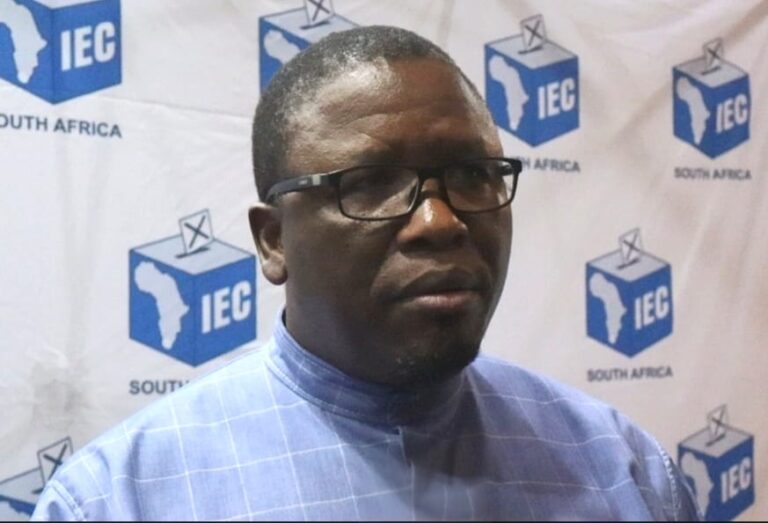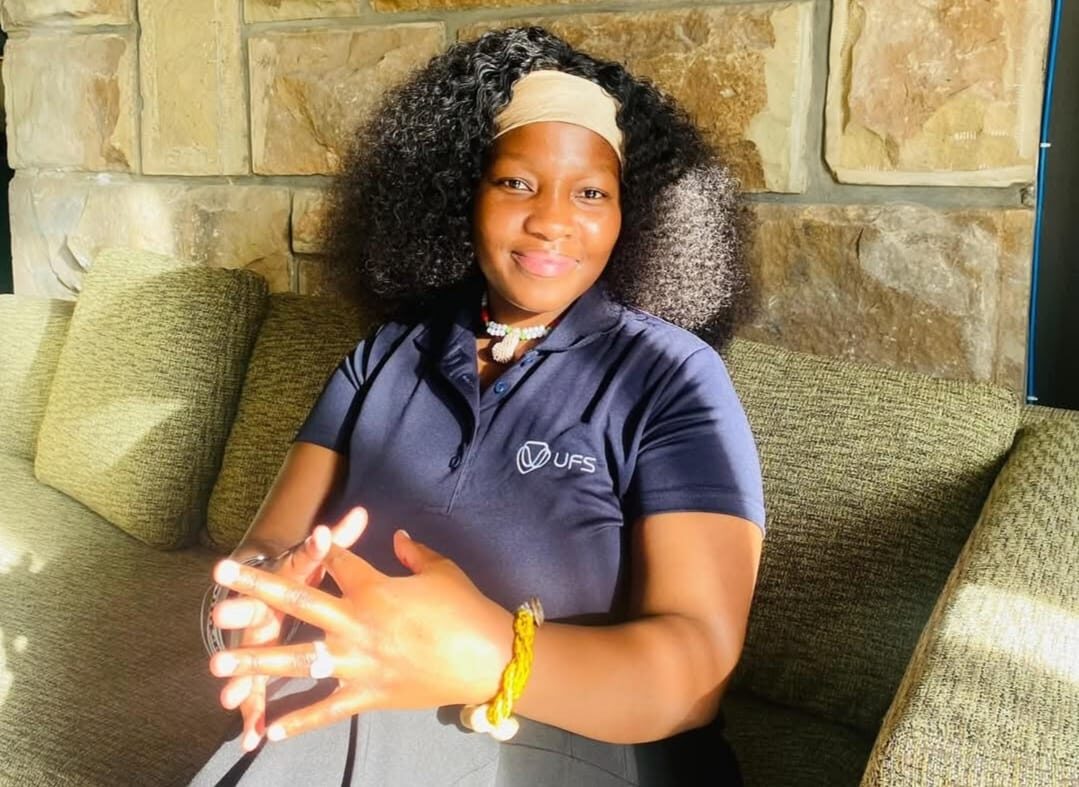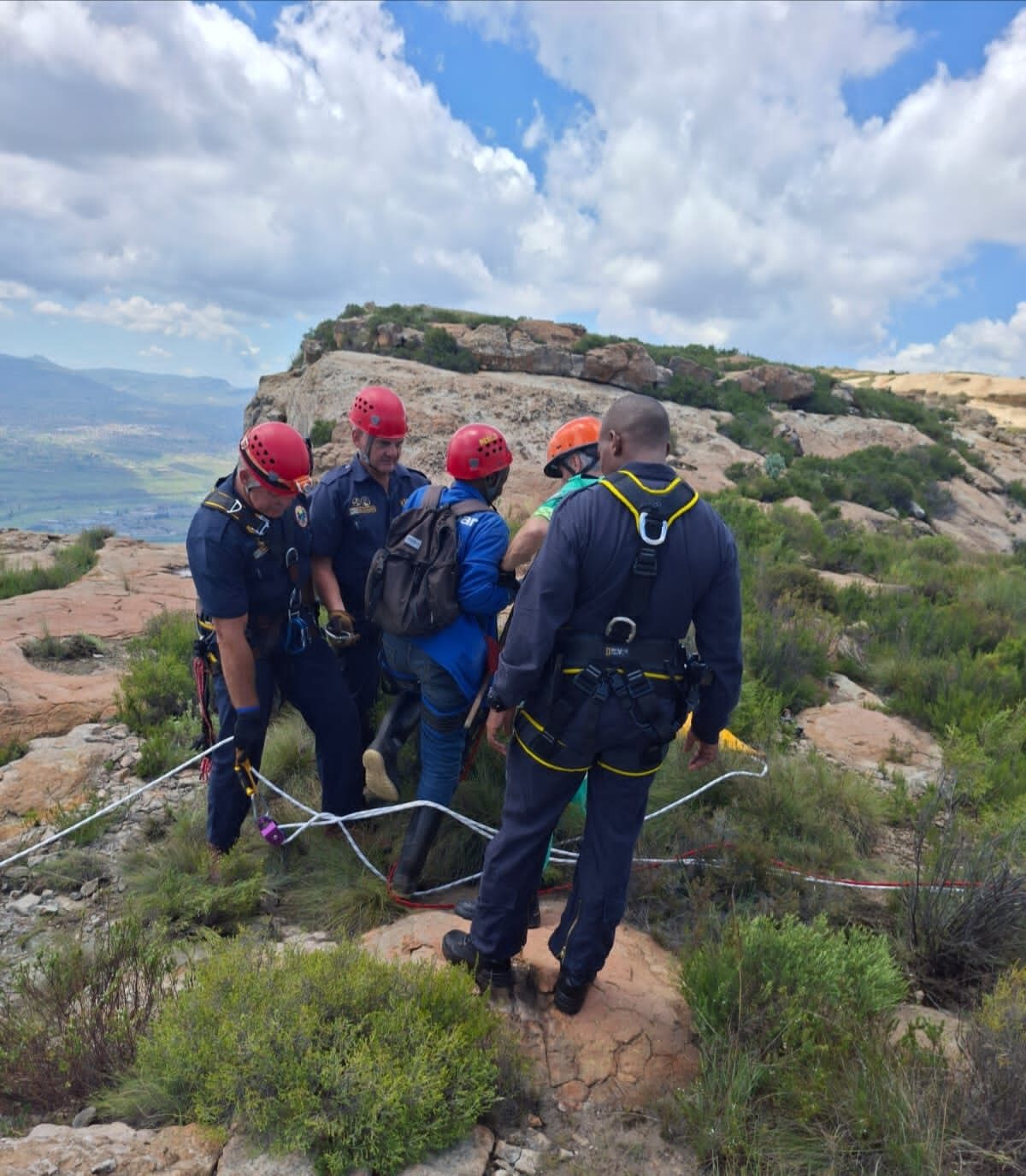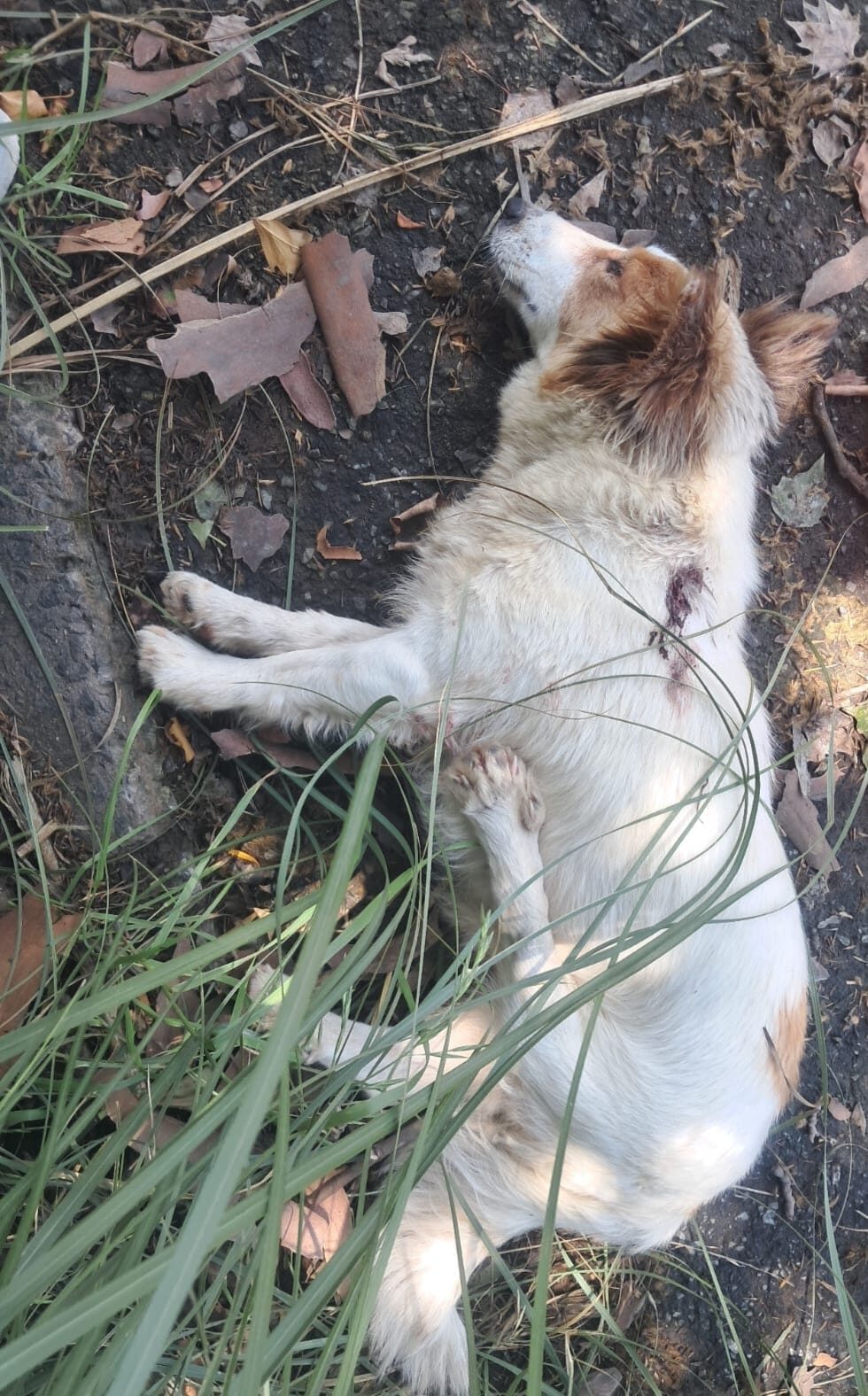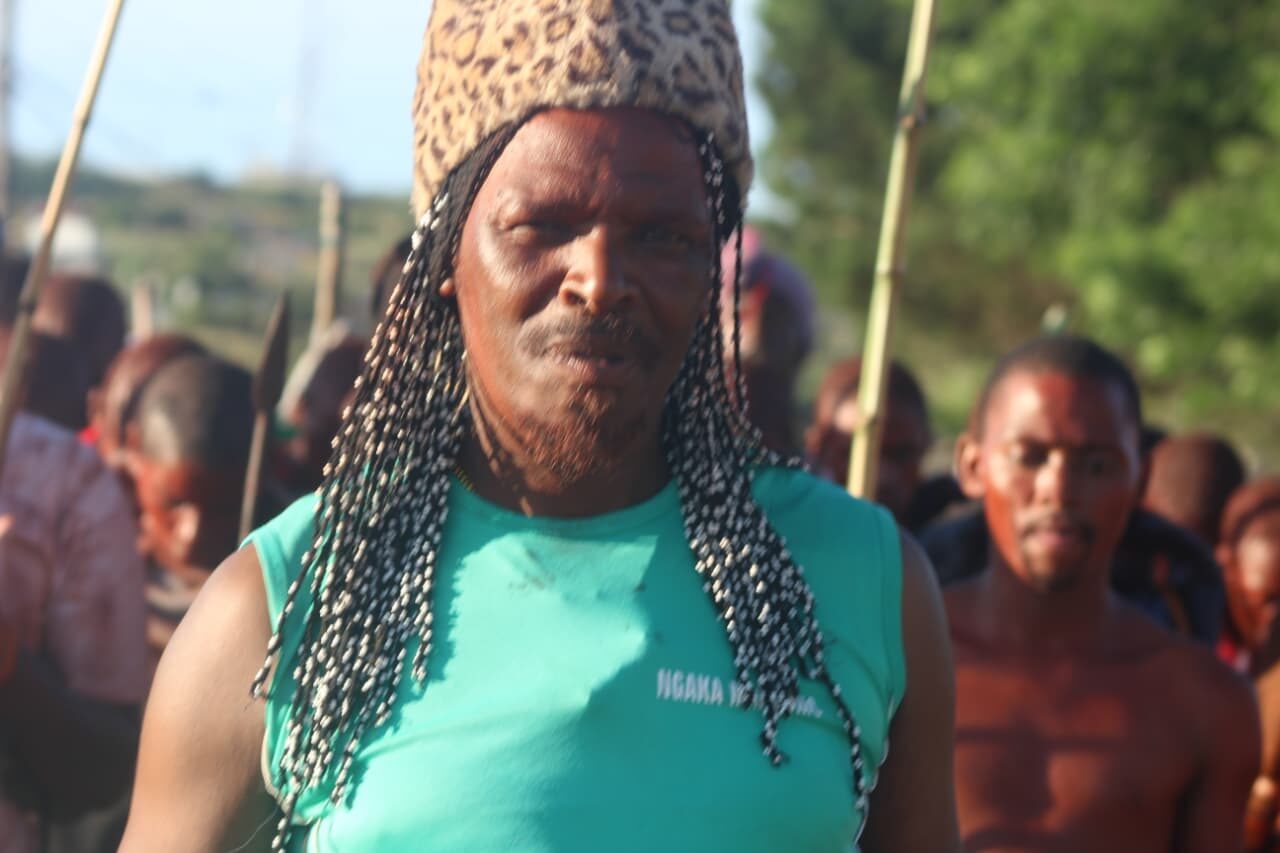By Emily Setona
QWAQWA – The Head of the Centre for Gender and African Studies (CGAS) at the University of the Free State’s (UFS) Qwaqwa campus, Dr. Grey Magaiza, has condemned transactional sex in higher education institutions as a gross violation of human rights.
Dr Magaiza said this in a statement issued recently. In a subsequent interview with The Guard, Magaiza said:
“Transactional sex is basically a human rights violation that has no place in higher education. It’s important that higher education spaces become inclusive, safe, assuring, and transformative. These must not be sites of trauma for female students.”
The Commission for Gender Equality (CGE) has echoed similar sentiments, warning against the exploitation of vulnerable students.
According to spokesperson Javu Baloyi,
“the Commission has done this study with various universities, including Sol Plaatjie University, North West University, and Nelson Mandela University, and realized that new students are being taken advantage of. In some universities, students even turn to the streets to become sex workers to augment their allowances. Some are used as sex objects by male figures at the institution. It’s a saddening situation.”
Female students often face vulnerabilities related to financial instability, housing insecurity, and limited social support. These conditions create opportunities for exploitation by individuals who misuse their positions of power.
Baloyi elaborated on the role of institutional culture and external influences explaining that older men often see students as easy targets. Yes, male students may also be affected, but the exploitation of female students is rampant. The CGE has seen cases where young women are coerced into transactional relationships under the guise of assistance with admission, accommodation, or funding. These girls fall into the trap because they’re young and unaware of institutional operations.
*Matshediso Sefatsa, an intern at the UFS Bloemfontein campus’s student affairs revealed that leadership structures are often complicit in these practices:
“Men at the institution have been rumoured to misuse their power over vulnerable female students. While some accusations have been addressed, much more needs to be done to ensure the safety of female students. Leadership must take firm action and make an example of those guilty of such misconduct,” Sefatsa said in an interview with The Guard.
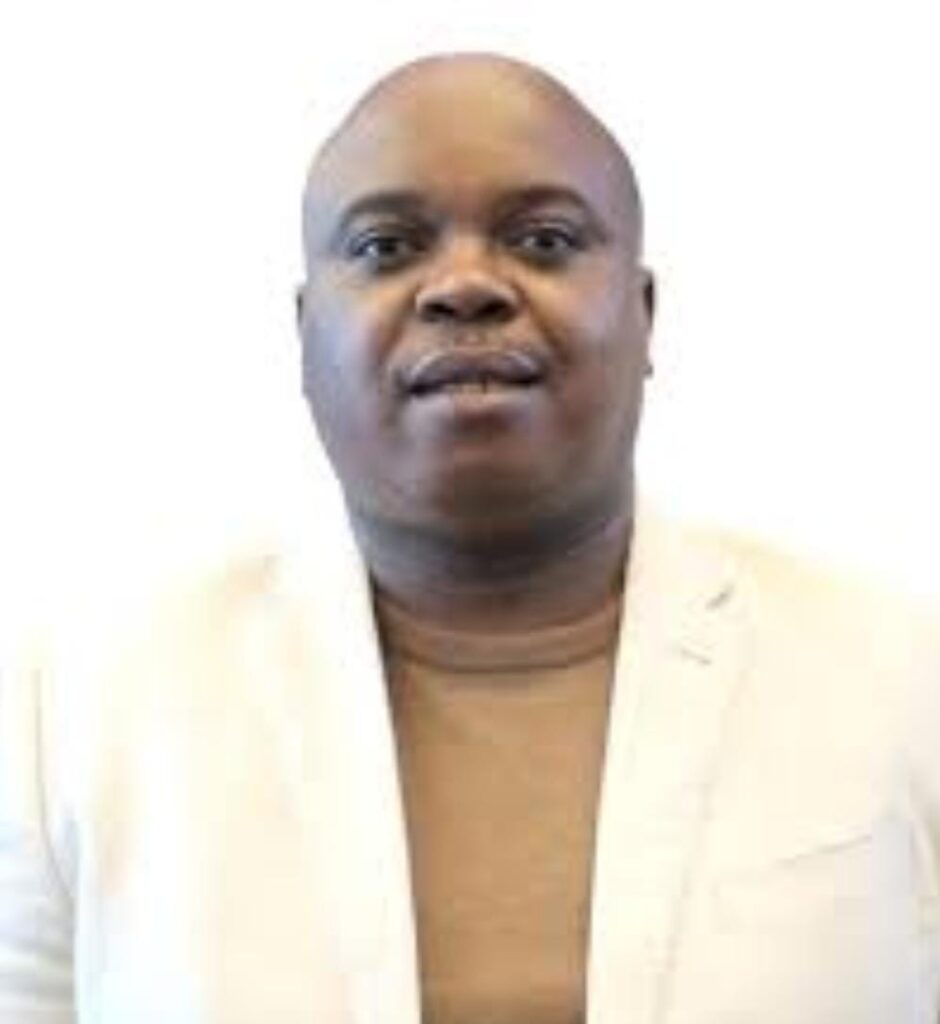
Spokesperson for the Commission of Gender and Equality Jabu Baloyi.
Higher education institutions have a constitutional obligation to protect students from exploitation. South Africa’s Constitution and the National Strategic Plan on Gender-Based Violence and Femicide (NSP on GBVF) mandate institutions to combat gender-based violence. Institutions must implement robust policies and ensure a safe environment where students can report incidents without fear of stigma or retaliation.
Baloyi emphasized the need for a collective approach saying that the CGE cannot combat this alone. A concerted effort is needed from the Commission, the Department of Higher Education, and society at large. These issues must not just be addressed at specific institutions but across the board.
Students are urged to protect one another by raising awareness and rejecting all forms of sexual exploitation. Vulnerable students should seek help through student support services, law enforcement, or trusted organizations rather than resorting to unsafe measures to meet their needs.
Magaiza’s call for inclusivity and transformation is a reminder of the urgent need for action.
Higher education must be a place where young people thrive without fear. Transformation begins with creating safe spaces and holding perpetrators accountable.
As institutions strive to create a safer environment, collaboration between students, institutions, and advocacy groups is essential. The Commission’s call to action is clear: protect, empower, and transform. For South Africa’s students, these efforts are not only necessary, they are long overdue.
*Name withheld to protect the identity of the source







